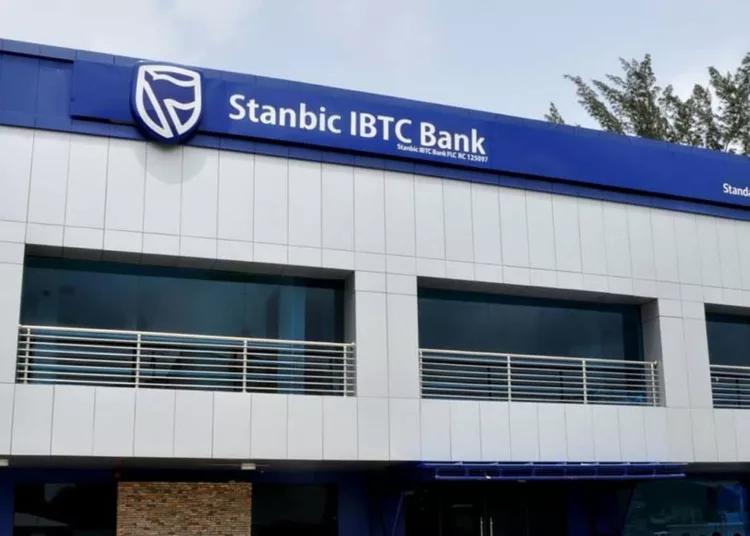Stanbic IBTC Purchasing Managers’ Index (PMI) report said that inflationary pressures continue to hit Nigerian businesses as activity declined to 49.8 points in September.
The headline PMI was little-changed in September, posting 49.8 following a reading of 49.9 in August. As such, the index pointed to a further fractional deterioration in business conditions, the third in as many months.
Readings above 50.0 signal an improvement in business conditions on the previous month, while readings below 50.0 show a deterioration.
The report said “inflationary pressures intensified in September, adding to the challenges faced by Nigerian companies as the third quarter drew to a close. Although new orders increased for a second month running, the rate of growth remained muted and insufficient to prevent a further reduction in business activity. Likewise, the rate of job creation was only marginal and eased to a three-month low.
“Companies continued to report challenging demand conditions, in large part due to the inflation environment. In fact, September saw an intensification of inflationary pressures, with both input costs and output prices increasing at the sharpest rates in six months.”
It pointed out that “purchase prices rose rapidly amid currency weakness and higher costs for fuel, logistics, materials and transportation. Some firms made efforts to help their workers with higher living costs, but the rate of wage inflation eased to an 18-month low.
Higher costs were then passed through to customers, with close to 49 per cent of respondents raising selling prices in September.
“Although sharp price increases acted to limit customer demand, new orders rose for the second month running in September, and to a slightly greater extent than in August. The rate of expansion remained modest, however.
“Business activity continued to fall marginally as the tentative improvement in new orders was insufficient to support an expansion of output. Activity was down for the third month running. Output rose in agriculture and manufacturing, but fell in wholesale & retail and services.”
Speaking, head of Equity Research West Africa at Stanbic IBTC Bank, Muyiwa Oni said that “Nigeria’s PMI remained below the 50-point mark for the third consecutive month, settling at 49.8 points in September from 49.9 points in August. This points to a further fractional deterioration in business conditions, the third in as many months, largely due to challenging demand conditions amid the inflationary environment.
“Still, the pace of deterioration remained marginal as some firms were able to secure greater new business during the month. Output increased in agriculture and manufacturing, but fell in wholesale & retail and services.”
He noted that companies remained reluctant to hold inventories in September, cutting stocks of purchases for the second month running and to the largest extent since May 2020, saying that “inventories were reduced in line with falling output and muted customer demand. Elsewhere, input costs increased to their third steepest on record while output prices quickened to their fastest level in six months.”





